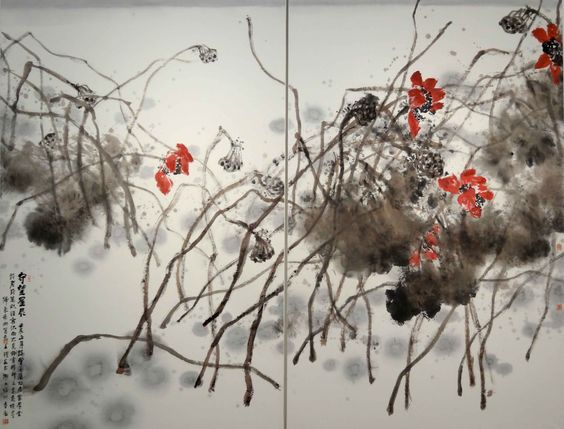
In the Tao Te Ching there is a famous passage, as follows:
When a truly kind man does something, he leaves nothing undone.
When a just man does something, he leaves a great deal to be done.
When a disciplinarian does something and no one responds,
He rolls up his sleeves in an attempt to enforce orderTherefore when Tao is lost, there is goodness.
When goodness is lost, there is kindness.
When kindness is lost, there is justice.
When justice is lost, there is ritual.
Now ritual is the husk of faith and loyalty, the beginning of confusion.
The idea that when one is in the Tao nothing is done causes a lot of confusion. This is a psychological / physical state, where there is no feeling of effort. One takes the actions appropriate to the circumstance without any sense of doing anything, even though things are still done. Because this is a very clear mental state, what is appropriate tends to be obvious.
The key word, for social ethics, however is “appropriate.” What is appropriate isn’t always what is good, but what is good makes up the vast majority of what is appropriate.
When one no longer knows what is appropriate, one devolves to the good and is still doing most of what should be done.
Kindness makes up most of what is good, so when one loses what is good, one devolves to kindness and retains most of what is good.
Losing kindness, one retreats to justice. The loss here is steep. Justice is maybe half of what is kind, because justice without kindness is about balance and tends to not restore people, but punish them: “an eye for an eye” and all that.
And then there is ritual, and ritual, in this context, is without any of the higher virtues, and thus leads to injustice, cruelty and evil, because it has lost almost all of appropriateness: it simply accepts that action A should lead to action B, and that will often be the wrong action, unguided by appropriateness, goodness, kindness or even justice.
I would add that when even ritual is lost; when people no longer obey the rules and are guided by no sense of ethics, that all chances of a good society and good results are lost.
Regular readers will know that I tend to emphasize kindness as a golden rule. I think it’s the highest guiding star the vast majority of people in our society can use: most people still know how to act kind, they just don’t do it and they have many justifications for not doing so. But they do know what it is, with exceptions like warped market disciples, libertarians, and so on, who are so identified with ritual ideologies (market outcomes are just) that they cannot see when they are not even that.
The reform of society comes through the proper use of ritual, ironically. You work your way back up. Ritual done right attaches appropriate emotions to appropriate circumstances to appropriate objects of attention, and once that is the case, one can climb back up the ladder. Indeed, done right, one can jump past justice back to kindness.
But only when done right. Ritual is an obsidian knife: It cuts everything and it’s dangerous, and it’s only a useful tool when both made and used just right. Only someone operating at a level higher than ritual can design rituals which will do more good than harm.
In the meantime, unless you’ve been deformed by the wrong ideology, you probably still understand kindness. I suggest living there. It’s also a rather nice place to live.
The results of the work I do, like this article, are free, but food isn’t, so if you value my work, please DONATE or SUBSCRIBE.
